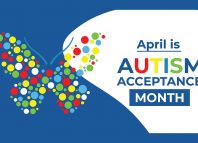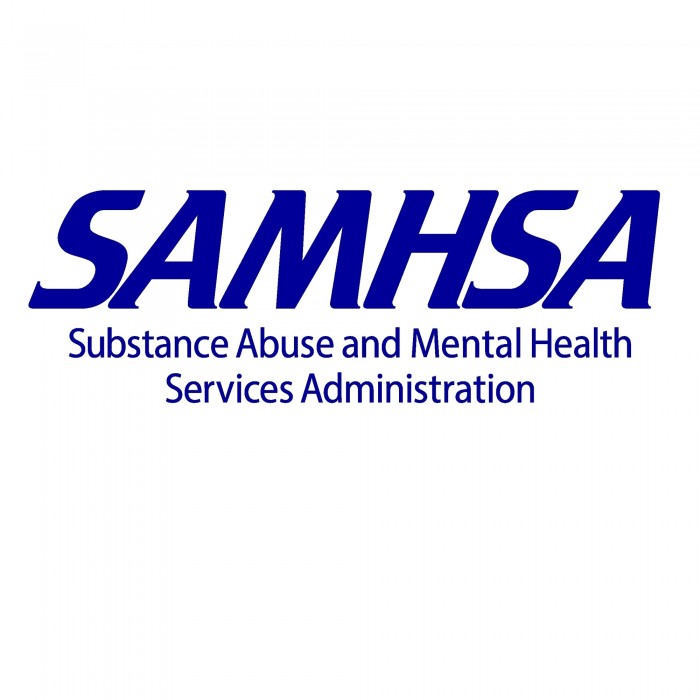RCPA’s Drug & Alcohol Division has established a Medication Subcommittee. As medication becomes more integral to the addiction treatment system, RCPA members have an opportunity to influence medication-related policy through their experience and expertise. Consider:
- Access to and integration of medications to treat addiction at all levels of care has become a priority in Pennsylvania.
- Acceptance of medication as an integral part of treatment continues to grow, especially in areas historically reluctant to embrace it, including criminal justice.
- The COVID pandemic has changed the treatment landscape, ushering in telehealth and the promise of broader access to care, including medication.
In considering access and integration challenges, regulations, reimbursement, best practice, research, and provider experience, this subcommittee will set an agenda and work with RCPA leadership, other RCPA members, state regulators, payers, legislators, and other key stakeholders to advance that agenda.
Your expertise is invaluable in helping the treatment provider community set this agenda and achieve its goals. If you are interested in participating in the Medication Subcommittee, please email Jason Snyder, Director, RCPA Drug & Alcohol Division.
















